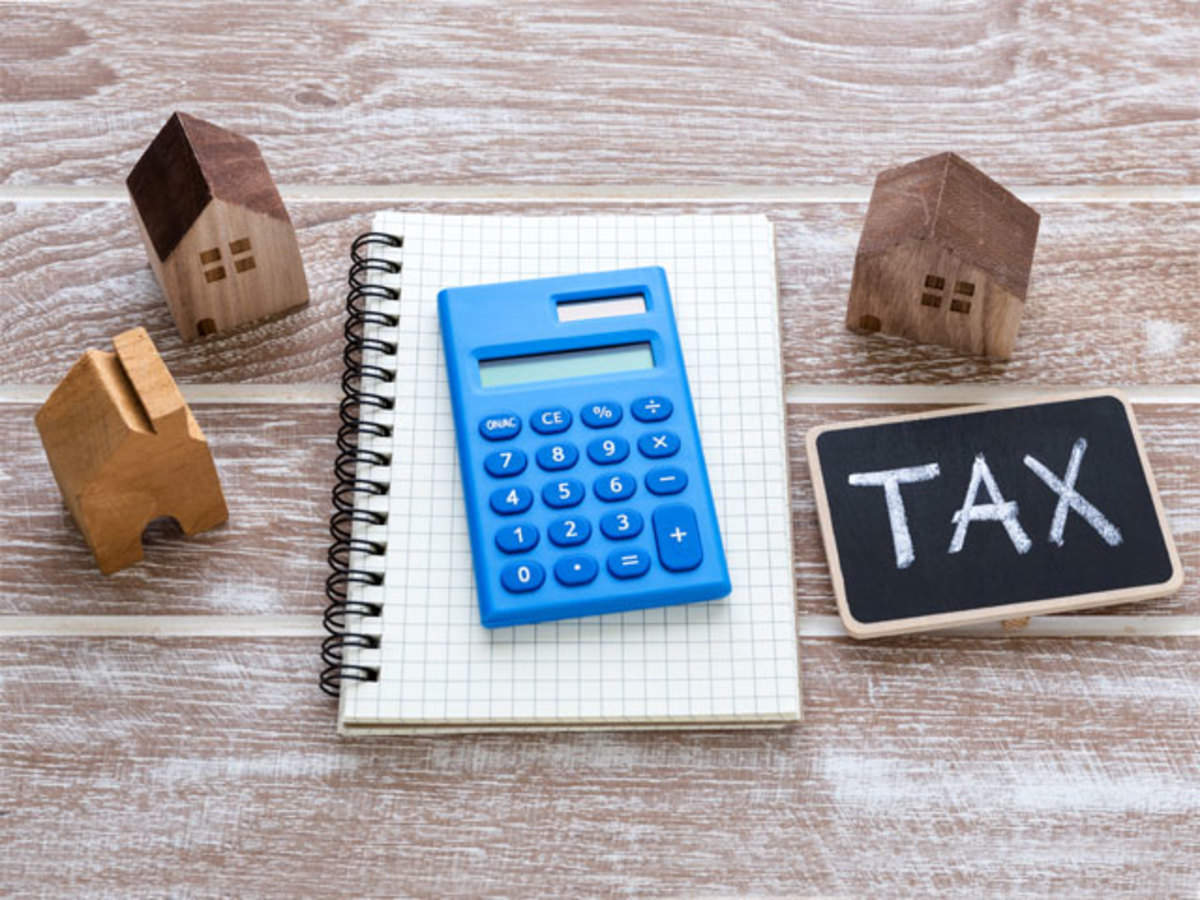TDS rules: The beneficial ownership of such jointly owned house belongs to respective joint owner in the ratio in which contribution for buying the property was made
I am planning to buy a property held in joint name of husband and wife for ₹2 crore. The lender bank from where I am taking home loan is willing to issue two separate cheque to a joint bank account held by husband and the wife. The husband who is one of the joint owners of the property claims that the TDS must only be deducted in his name as he is the sole beneficial owner of the property as he only had paid the full money to buy the house. He is willing to provide me with an affidavit stating that his wife has no economic interest in the property. As per my knowledge, the TDS must be deducted in the name of both the sellers because as a buyer, I should deduct TDS from both the joint owners. A counter to which the husband says that he only had paid to buy the house and now when he is selling it, TDS should only be deducted from his account. Can you suggest me a way out of this? Can I deduct the full TDS in the name of the husband and accept the affidavit signed by his wife and him? – (Name withheld)
Answer: As a practice a house property is generally purchased in joint names for the purpose of smooth succession in case of death of any joint owner. Just because one is added as a joint owner of the property in the purchase agreement, such person does not become the beneficial owner of the property. The beneficial ownership of such jointly owned house belongs to respective joint owner in the ratio in which contribution for buying the property was made. In case a person has not contributed anything for the property he does not have any beneficial ownership in the property even if he is added as the first joint owner in the purchase agreement. So, while selling the joint property, it is the beneficial owner who is entitled to receive the money in case he has fully contributed toward cost of the property.
If the seller claims that he is 100% beneficial owner of the property and is willing give you an affidavit to this effect, you can consider him as the sole owner for the purpose of deducting tax at source. The income tax department is not concerned as to in whose name the tax is deducted as long as full tax is deducted in respect of the full consideration of the property.
To avoid any complication, I would advise you to mention the name of the husband only in the form 26QB which you need to file while paying the TDS. For tax purposes it is the beneficial owner who is treated as the real owner and not the one who is joined for the sake of convenience. Please ensure that the full payment is also made in the name of the husband by you and the lender.
Source: livemint.com
*****
Don’t miss the next Tax Update / Article / Judicial pronouncement
Subscribe to our newsletter for FREE to stay updated on GST Law
Resolve your GST queries from national level experts on GST free of cost
TW Editorial Team comprises of team of experienced Chartered Accountants and Advocates devoted to spread the knowledge of GST amongst the various stakeholders.




